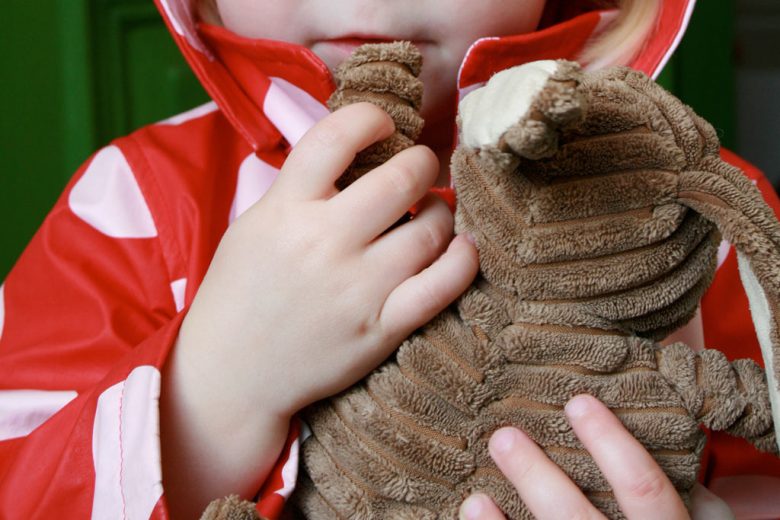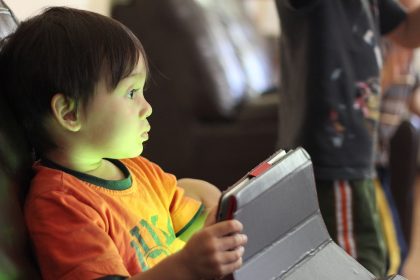What can I do about my working mum’s guilt?
Your question
Whenever I pick up my daughter up from nursery, they tell me she has been as good as gold. But she plays up all the time when she is with me! I’m worried that it’s because I’m not around for her enough. How do I balance working with making sure my daughter gets enough of my attention?
Our answer
As long as your daughter is being well cared for and you have plenty of positive time together, it will not harm your relationship to spend time apart. However, problems can arise when parents allow guilt to over-influence their parenting style.
The problem with guilt is that it doesn’t get you anywhere. In fact, it can actually make things worse. Parents who feel guilty about spending time apart from their children are far more likely to give in to whining or complaining. By giving in or reversing our decisions when children turn up the emotional (or actual) volume, we accidentally reward this type of behaviour and therefore make it more likely to reoccur.
It’s hard to stick to your guns and impose appropriate boundaries when a little voice is screaming “You’re mean!” and another little voice inside your head is telling you it’s all your fault. Talk back to those negative thoughts. She’s behaving that way because she is a child who hasn’t yet developed self- control, not because you go to work.
When we feel like time with our children is limited, it can create pressure for that time to be 100% enjoyable. That’s an unrealistic expectation. No family has ever got through a whole day at a theme park without at least some tears or tantrums (and not always from the children!). No child is good all of the time and part of being a parent is learning how to impose boundaries and manage misbehaviour in a calm, fair and consistent way, no matter what the circumstances. Aiming for perfect family time will only lead to stress and disappointment.
Good relationships aren’t built on long days out or treats. It is the frequent repetition of attention that makes up the fabric of positive relationships. Make the most of those small, inconsequential ‘turn to’ moments when your child turns to you and asks you to look at what they are doing, or asks you a question, or tells you something that happened that day. Stop what you are doing and respond to them. Pay your child attention when they ask for it, even if only for 1 or 2 minutes at a time, and they will learn that you are available to them when they need you. Chat and listen to them, share experiences from your own day.
If you can, when you are at home with your children, try not to think about work. Develop relaxing coming home rituals to ease the transition. Don’t carry the stress of work into the evening whirlwind of swimming lessons, dinner, homework, bath and forgotten-assignments-due-tomorrow. You will be more productive and effective at work if you take a proper break from it.
Children thrive on consistency and predictability. That means a set routine to their day, a clear framework of rules and expectations, consistent responses when they don’t stick to the rules and lots of positive attention for good behaviour. Work in partnership with your childcare provider to make sure your rules and expectations are in sync.
And don’t forget to look after yourself. It’s hard to be calm, fair and consistent as a parent when your own needs are not being met. Try to do at least one thing each day that you enjoy, just for yourself.
Answered by Anita Cleare from Positive Parenting Project.
Do you have a question you’d like us to answer? Maybe you need advice on a problem at work? Guidance on establishing a freelance business? Help with a tricky business issue? Or just need some style tips? Send us a message with your question and we’ll find the right person to answer.









